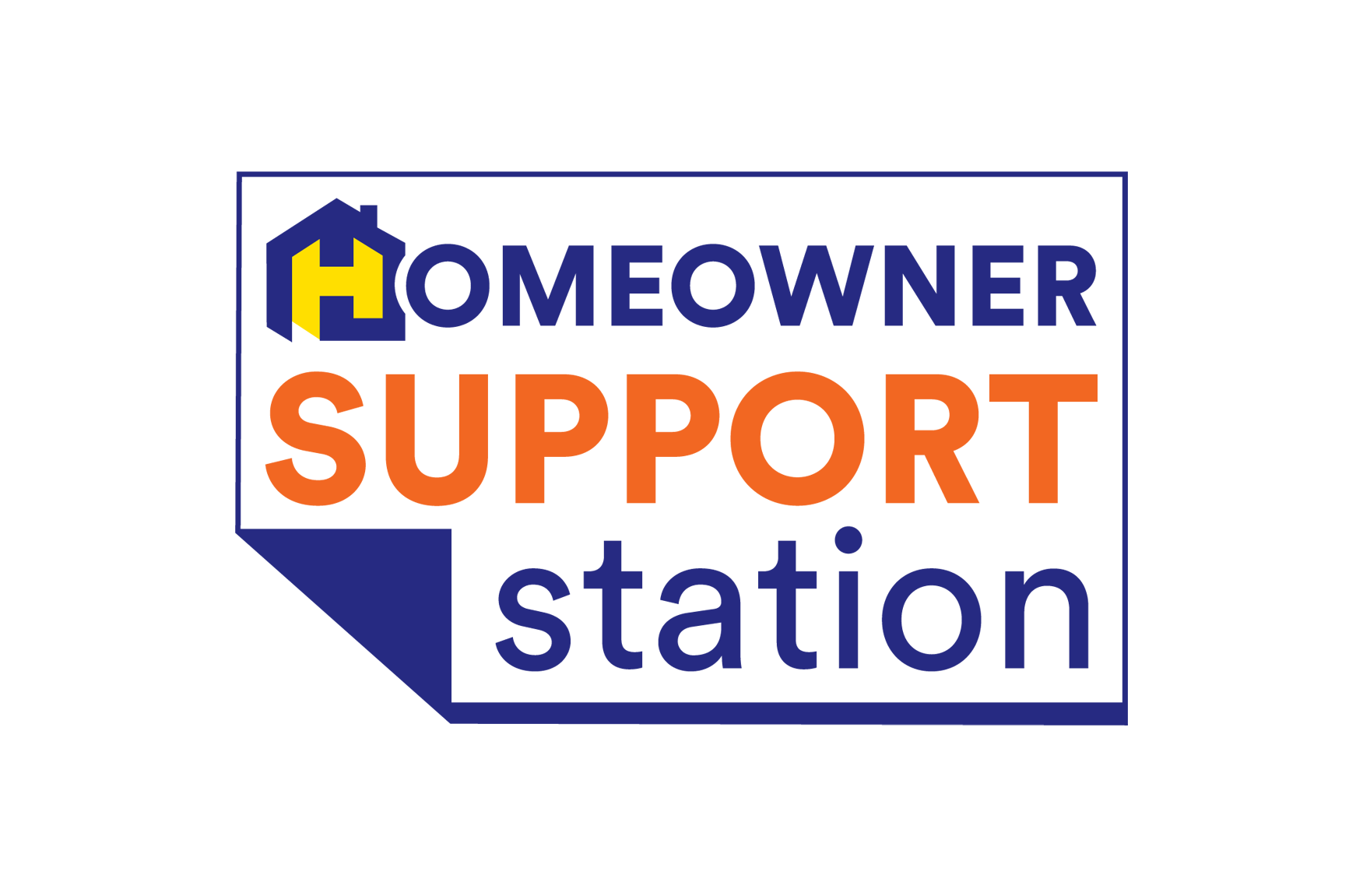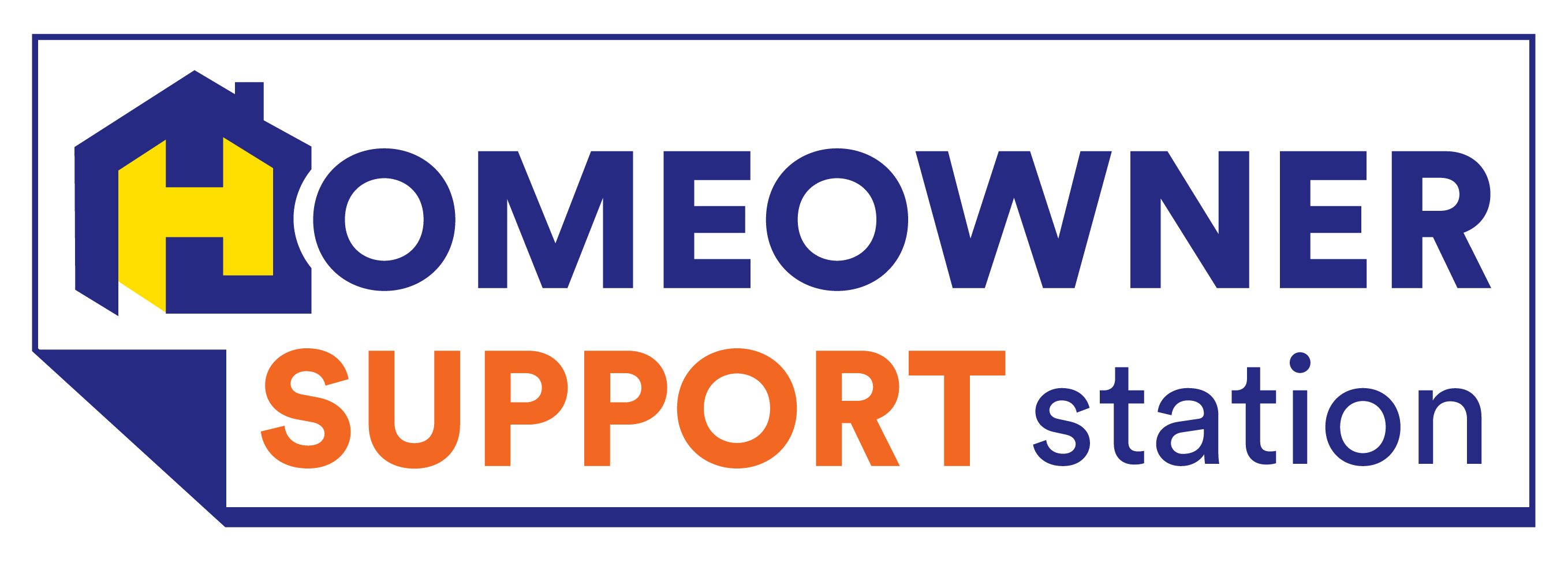We’re here for homeowners affected by a natural disaster and its aftermath.
If a natural disaster has damaged your home, please continue reading for important information.
Mortgage help
Homeowners who live in a FEMA Presidentially Declared Disaster Area may be eligible for:
- No late charges or adverse credit reporting if mortgage payments are delayed for 90 days
- Foreclosure activities suspended for 90 days, depending on the loan
- Special mortgage programs available for those undergoing temporary hardship situations, see more below
Next steps
Contact your mortgage servicer if you:
- Feel like you can’t meet your mortgage obligations
- Have questions about how your home damage may affect your home equity
- Need information about financing options to rebuild
How to submit a hardship letter
What is a hardship letter? A hardship letter is a written explanation that outlines your financial challenges and why you’re unable to meet your obligations, such as mortgage payments. It’s often used to request mortgage relief, financial aid or other support.
A hardship letter should be signed, dated and include:
If your property is damaged:
- Briefly describe the damage.
- Indicate (a) if you will file an insurance claim or (b) the status of your insurance claim if you have already filed.
If your work or ability to get to work was impacted:
- Briefly explain how your work or ability to get to work was impacted and indicate how long it will affect you.
Mortgage resources
If you’re a Guild Mortgage borrower:
Disaster relief loan counseling
1.800.365.4884 available Monday-Friday, 5 am–5 pm PT.
Fax: 1.858.385.7225
For all borrowers:
Fannie Mae disaster recovery counseling services:
855.HERE2HELP (855.437.3243)
FannieMae.com/HERE2HELP
Insurance help
Next steps if you need to file an insurance loss claim
For hazard, flood, fire and wind policies, the general insurance damage claim process is as follows:
Connect with your insurer
- 1. Call your insurers as soon as possible to begin filing a claim. FEMA assistance may also be available for uninsured or underinsured damage caused by wildfires or other disasters. You can apply for FEMA assistance online, through the FEMA app or by calling 1.800.621.3362.
- 2. After contacting your insurer, expect an adjuster to be in touch within days to schedule a visit to your home and inspect the damage. The adjuster will be able to estimate repair costs and, in some cases, even write you a check on the spot to help you begin repairs or replacements.
- 3. Adjusters will start by visiting areas that experienced the most severe damage, once emergency officials give them the green light.
Document
- 4. Document your losses.
- A. Make a thorough list of your property that has been impacted.
- B. Provide purchase receipts, if available, or estimate how much the belongings cost and when you bought them.
- C. Don’t throw anything away without checking with your insurer first. You will likely need to show that items were damaged by the disaster.
- 5. If your home became uninhabitable, and you had to make other arrangements, such as hotel, transportation and meals, keep those receipts as well.
- 6. Keep documentation of all disaster-related expenses, including receipts for temporary housing, meals and repairs, as they may be reimbursable under some insurance policies or FEMA programs. Note that flood insurance typically doesn’t cover these costs.
- 7. Once you report your claim, be sure you get your claim number and write it down.
Look for next steps
- 8. Guild Mortgage customers can click here for more guidance on next steps.
Insurance resources
The Insurance Information Institute offers additional guidance on settling an insurance claim.
Be wary of fraud! Follow these tips to avoid trouble and get repairs done right:
- Always get a written estimate and do not rush into signing repair contracts.
- Work closely with your servicer and your insurer.
- Don’t use someone if they’re not licensed or listed with your insurer.
- Never pay anyone upfront—this is a red flag for potential fraud.
Other resources
Local services
- Texas State: https://www.hhs.texas.gov
- Kerr County: https://kerrcountytx.gov
- Travis County: https://www.traviscountytx.gov
- Williamson County: https://www.wilcotx.gov
- Burnet County: https://www.burnetcountytexas.org
Tax implications
- Contact your taxing authority to discuss tax implication and impact to your property value.
- Check with the IRS for potential deductions due to casualty losses.
General disaster relief
- For crisis counseling or emotional support, the Disaster Distress Helpline is available 24/7 at 1.800.985.5990.
- Visit FEMA for comprehensive guidance and resources, including how to apply for disaster assistance and locate recovery centers.
- Visit DisasterAssistance.gov to file for disaster assistance, check the status of your requested aid and find other disaster recovery resources.
- Visit RedCross.org/shelter or text SHELTER and your ZIP code to 43362 to locate temporary shelters or get help finding loved ones.
- The Small Business Administration (SBA) offers low-interest loans for individuals impacted by named disasters.
The information provided on this page is for general informational purposes only and should not be considered legal, financial, tax, or insurance advice. Guild Mortgage does not guarantee eligibility for any disaster relief programs, mortgage assistance, or insurance claims. Homeowners should consult their mortgage servicer, insurance provider, tax professional, legal counsel, and/or a qualified advisor for guidance specific to their situation.
Mortgage relief options, including forbearance and foreclosure suspension, are subject to loan type, investor guidelines, and individual borrower circumstances. Being located in a FEMA Presidentially Declared Disaster Area does not automatically ensure eligibility. Borrowers must contact their mortgage servicer directly to confirm available options. Submission of a hardship letter does not guarantee approval for relief or financial assistance.
Insurance coverage varies by policy. Homeowners should contact their insurance provider for details on claims, coverage limits, and reimbursement eligibility. Guild Mortgage is not responsible for delays, denials, or disputes related to insurance claims. References to FEMA or government programs do not imply endorsement or guaranteed assistance.
Homeowners should exercise caution and perform their own due diligence when hiring contractors or engaging third-party services. Guild Mortgage does not endorse, verify, or assume responsibility for any repairs, fraud, or financial loss resulting from third-party services. Always research and verify service providers before signing contracts or making payments.
External links and third-party resources provided are for convenience only. Guild Mortgage does not control or guarantee the accuracy, availability, or applicability of any external content. Homeowners should verify all information directly with the appropriate agencies and organizations.
Tax implications related to property damage or casualty loss deductions should be reviewed with a licensed tax professional. Guild Mortgage does not provide tax advice.
Resources for emotional support, crisis counseling, and disaster recovery assistance are provided as a courtesy. Guild Mortgage does not operate or oversee these services and is not responsible for their availability or effectiveness.
By using the information on this page, you acknowledge that Guild Mortgage is not liable for any decisions made based on this content. Disaster relief programs, loan modifications, and government assistance offerings are subject to change without notice. Homeowners are responsible for verifying all information before making financial or legal decisions.





